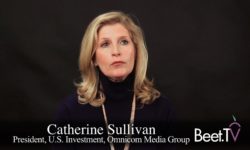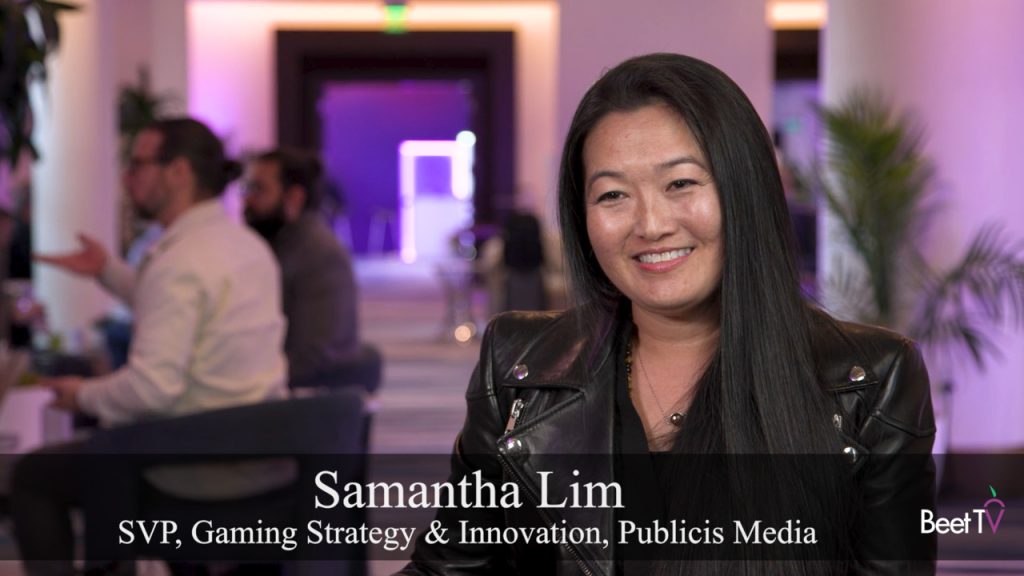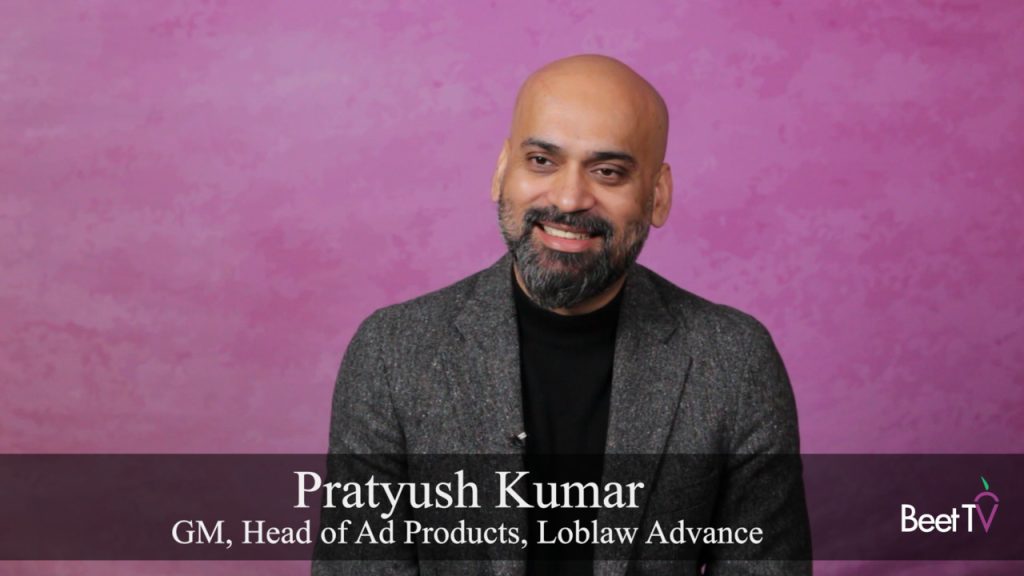Over the last year, several news or so-called news sites have found their way on to the blacklists which some ad buyers and platforms use.
Some media agency executives told Digiday they had blocked hundreds of news sites. We have also seen publishers like BBC News, News Corp, The Economist and now Vice Media protest that there is nothing bad about being placed next to bad news.
Now one media buyer turned sell-side executive is speaking out against platforms that, in a bid to make “brand-safe” environments in which to buy ads, are actually employing policies that may be tantamount to homophobia, racism and censorship.
“A complete misunderstanding by the tech world is the fact that they will take decisions through algorithm and these keyword blacklists without literally being transparent about it,” says Vice Media international and global chief revenue officer Dominique Delport, the former global MD of Havas, in this video interview with Beet.TV.
“I feel Vice has been the first to say, “Guys, enough is enough.” We’re talking about literally censorship. We took 18 months of research to look at all the blacklists that have been used for words that was supposedly brand unsafe. (They included) ‘gay’, ‘lesbian’, ‘Muslim’, ‘black’, came before ‘guns’, ‘shooting’, ‘war’ and ‘killing’. It’s insane.”
Delport made a similar disclosure back in September. Vice, of course, is an edgy publisher whose journalism often takes readers on a roller-coaster through the under-bell of culture.
After a couple of years of outcry over the accidental programmatic placement of brands’ ads against less-than-salubrious stories, ad-tech platforms introduced brand safety tools, often working by running keyword checkers on article content.
But that may be a blunt instrument, and Delport thinks things have gone too far, possibly leading to denying younger audiences, especially, the kinds of news they want to read.
“The pendulum became literally too far on that kind of fake safety,” he says. “We’re having that current discussion with other great publishers for trusted news, to really put that at the top of the agenda of the tech platform and the tech community.
“This is really serious, and we need to fix that to avoid that kind of technologic filtering behind the back of our young audience.”
This video is part of a Beet.TV series exploring the dynamic news landscape and opportunities for marketers. The series is sponsored by CNN. For more from the series, please visit this page.






































